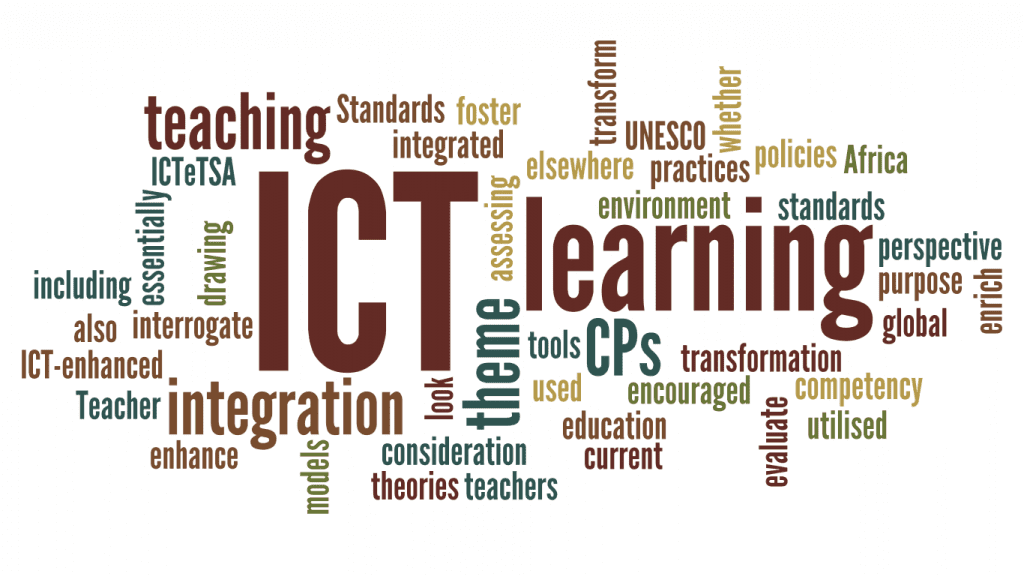By Prof. Marmar Mukhopadhyay
Chairman, Educational Technology and Management Academy

When technology is positively disrupting classrooms, Indian teachers seem to have been kept on the back burner. Teachers and principals as gatekeepers of a classroom and school innovations respectively miss the necessary empowerment. Governments are spending a huge amount of money on technology (ICT) induction in schools. Without empowering teachers with technology skills and confidence, it is largely a wasteful exercise wrapped with self-fulfilling prophecies.
Let’s see what do we know about Technology Enabled Learning (TEL)? What does research tell us? What we know so far, based on global and our own research, include:
- Policy makers, administrators, teachers, students and parents appreciate the role of ICT in Education. However, this wide spread appreciation is not matched with either ICT facilities or the user skills.
- Expectation among principals, teachers and parents is for the state to take initiative in introducing, funding and ensuring technology enabled learning.
- Interestingly, despite high appreciation, teachers still do not consider ICTs as central to teaching learning process. They see it as a peripheral to the classroom processes.
- There are not enough research evidence on the impact of ICT on student learning, motivation and empowerment. There is no conclusive evidence of positive impact of ICT on the students’ achievement. If few studies show a positive impact of ICT on the student learning, there crop up equally strong research evidences countering the positive impact theory, though positive impact is very likely when ICT is integrated to pedagogy – teachers’ pedagogical philosophy and existing practices of curriculum transaction.
- Digital contents and now MOOCs are unqualified from the angle of quality, relevance and situated cognition.
- On the issue of learning assessment, conventional pedagogies favour standardized testing than constructivist approaches. Computer aided instruction makes a slight contribution in improving the students’ achievement in MCQs and standardized testing.
- ICT, especially personal access to technology, motivates teachers and students. Stories take different shapes when access to technology outside school is examined separately for students and teachers. Access to technology outside school makes an adverse impact on students as they devote a considerable time on gaming. Teachers seem to make a better use of personal access to technology. Access to technology outside school enhances confidence of both teachers and students.
- Personal access to technology, preferably with the internet connectivity, induces flexibility of learning anytime, anywhere and any topic; TEL enhances learner autonomy.
Teacher Empowerment
Missing link in TEL initiatives is teacher empowerment- knowledge, skills and confidence. Governments and institutions spend a considerable amount of money on teacher training. Unfortunately, that’s the wrong end of empowerment. At best that is enrichment – improving knowledge without the requisite skills and confidence. Also, teachers don’t experience TEL, as teacher training continues in the conventional mode.
Personal access to technology can make a major difference in both skills and confidence of teachers. Many states, beginning in 2005, have given computers to students with pre-specified performance levels; but not to the teachers. Results have been pathetic – either teacher has banned laptops in classrooms, or donated laptops changed hands within few days in the exchange of money.
For every 35 students, there is one teacher. Investing in one computer for a teacher would have improved ROI on 35 laptops to students. Vendors would have been happy to provide one free laptop for every 35. Teachers need to be provided with personal laptops and the internet connectivity. The state can pay for the hardware and minimum software; teachers can pay for maintenance and the internet connectivity.
Conclusion
Finally, as a follow up to the national ICT in Education Policy, there is a need for an institutional policy on ICT in Education. Policies have a binding effect. Institutional policy brings an obligation for the teachers to use ICT in education; and schools to facilitate infrastructure, opportunity to innovate and encourage.



One Response
Hi it’s me, I am also visiting this site daily, this site is really pleasant and the viewers are actually sharing good thoughts.